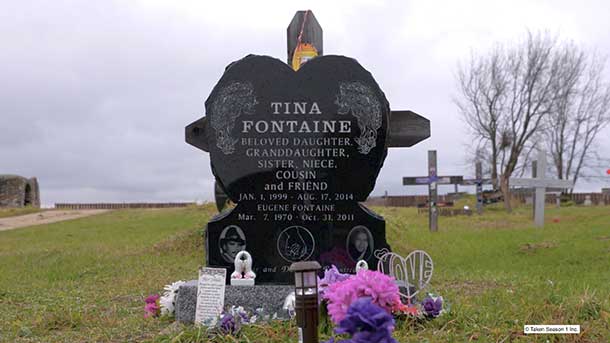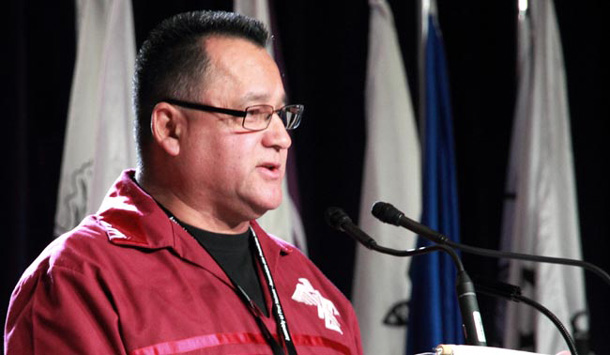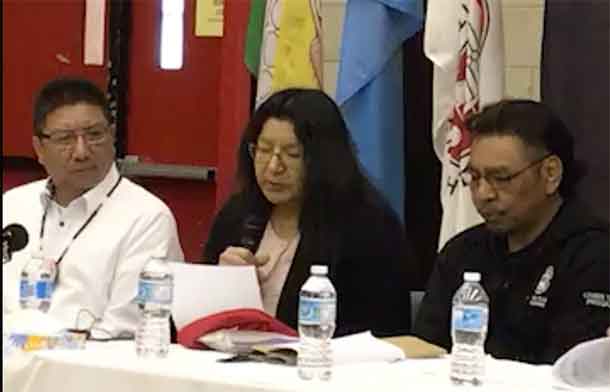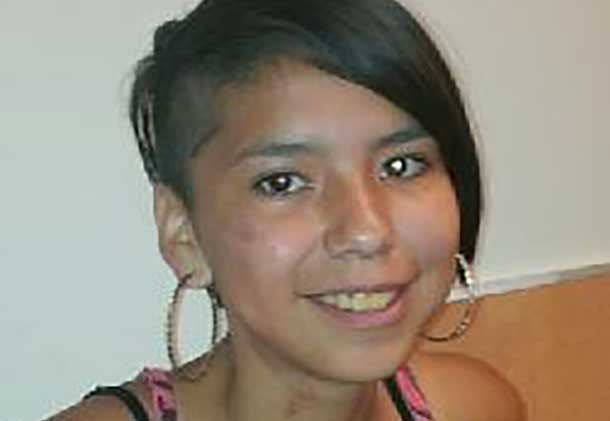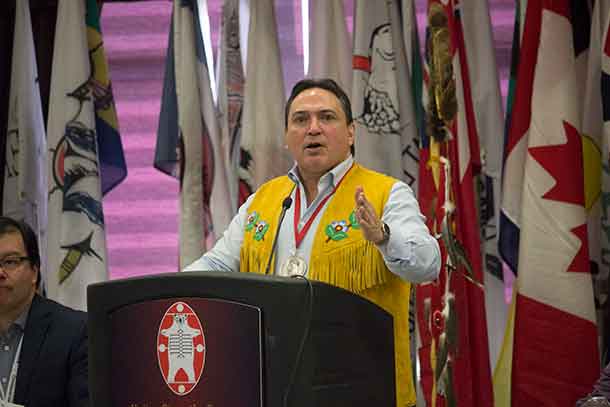
OTTAWA – Assembly of First Nations (AFN) National Chief Perry Bellegarde says today’s verdict finding Raymond Cormier not guilty of second-degree murder in the death of Tina Fontaine is a shock and another profound disappointment for First Nations across the country, and a severe setback for justice and reconciliation in Canada.
“With this verdict we see yet another young First Nations woman failed by the child welfare system, failed by the police, and now failed by the courts,” said AFN National Chief Perry Bellegarde. “We stand with Tina Fontaine’s family and friends as they seek justice and healing. First Nations demand immediate changes to a system that allows our young people to die without justice. This verdict is a severe setback for justice and reconciliation in this country. Reconciliation cannot be simply about words – it has to be about action, about valuing the lives of Indigenous people, and keeping Indigenous women and girls safe.”
Raymond Cormier pleaded not guilty to second-degree murder in the August 2014 death of 15-year-old Tina Fontaine from Sagkeeng First Nation. Closing arguments concluded February 20 with directions to the jury by Queen’s Bench Chief Justice Glenn Joyal on February 21. Tina Fontaine’s death drew national attention and highlighted the need for a national inquiry on missing and murdered Indigenous women and girls.
“My thoughts are with the family of Tina Fontaine and we stand with them today in their continued calls for justice,” said AFN Manitoba Regional Chief Kevin Hart. “We must learn from this tragedy and we must all demand action now to ensure safety and security for Indigenous women and girls. We stand with the family and we reiterate our calls for the National Inquiry on missing and murdered Indigenous women to focus on families throughout all its work and to not wait for its work to be complete. We need to see immediate action to prevent further violence and to support all families at risk.”
First Nations have called for changes to the systems that continue to fail First Nations and fail the entire country. Immediate action is required to ensure Indigenous representation on juries and to support First Nations approaches to justice, including restorative justice.
The AFN continues to call for a national action plan to provide safety and security for Indigenous women and girls that would include shelters and safe spaces, education and training, transportation, daycare and other supports.
Action is also required by federal, provincial and territorial governments to stop discrimination against First Nations children in care and work with First Nations to reform the child welfare system. A resolution from the AFN December 2017 Special Chiefs Assembly calls for the National Inquiry on Missing and Murdered Indigenous Women and Girls to reorient its mandate to investigate police services and to take a “families first” approach.

